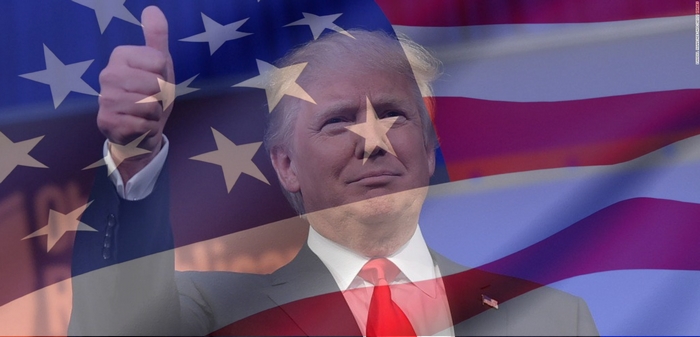With great ardor, Noël Amenc, a finance professor and expert on economic issues at EDHEC Business School, has tried to shed light on the economic consequences of this election not only for the United States but also for Europe.
While the analysis was thorough and aligned with a classical interpretation of the likely options and consequences as it should be, the prediction of what will actually happen remained confined to the realm of personal opinions.
First of all, because an elected candidate is faced with a reality that is rarely the one envisaged.
Secondly, there is always a significant gap between promises and their implementations, hence the contradictions between aggressive campaign statements and the more moderate ones after the election.
Finally, it is a bit early for comments when the new president is not yet in charge of his office nor has he appointed his close associates.
For now, that’s where we are, and Noël Amenc’s conclusion is perfectly aligned: Donald Trump’s economic program is “ambitious but vague.”
Indeed, by announcing tax cuts and increased public spending, we are heading towards rapidly accelerating inflation… Donald Trump could disrupt the American economy and trigger global chaos.
However, monetary policy is the remit of the Federal Reserve, and its chair, Janet Yellen, has shown herself capable of steering the ship if necessary.
The economic program of candidate Donald Trump has been built on challenging the free trade strategy promoted by the United States for decades, but also on a policy of stimulating investment through public spending and a fiscal revolution whose consequences on the public deficit could be significant.
In the end, the economic program presented by candidate Trump is a genuine change agenda. But will this change occur?
Behind the election of the Republican president is also a game of influence with his majority in Congress, elected on a different agenda than that of the president.


